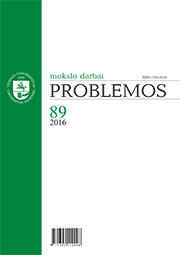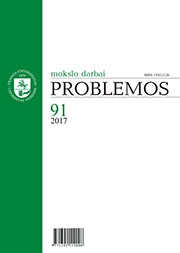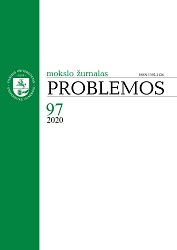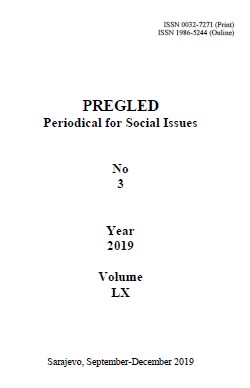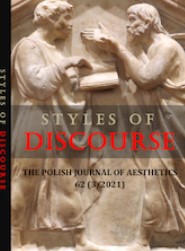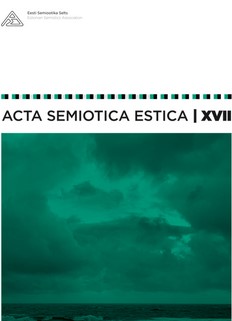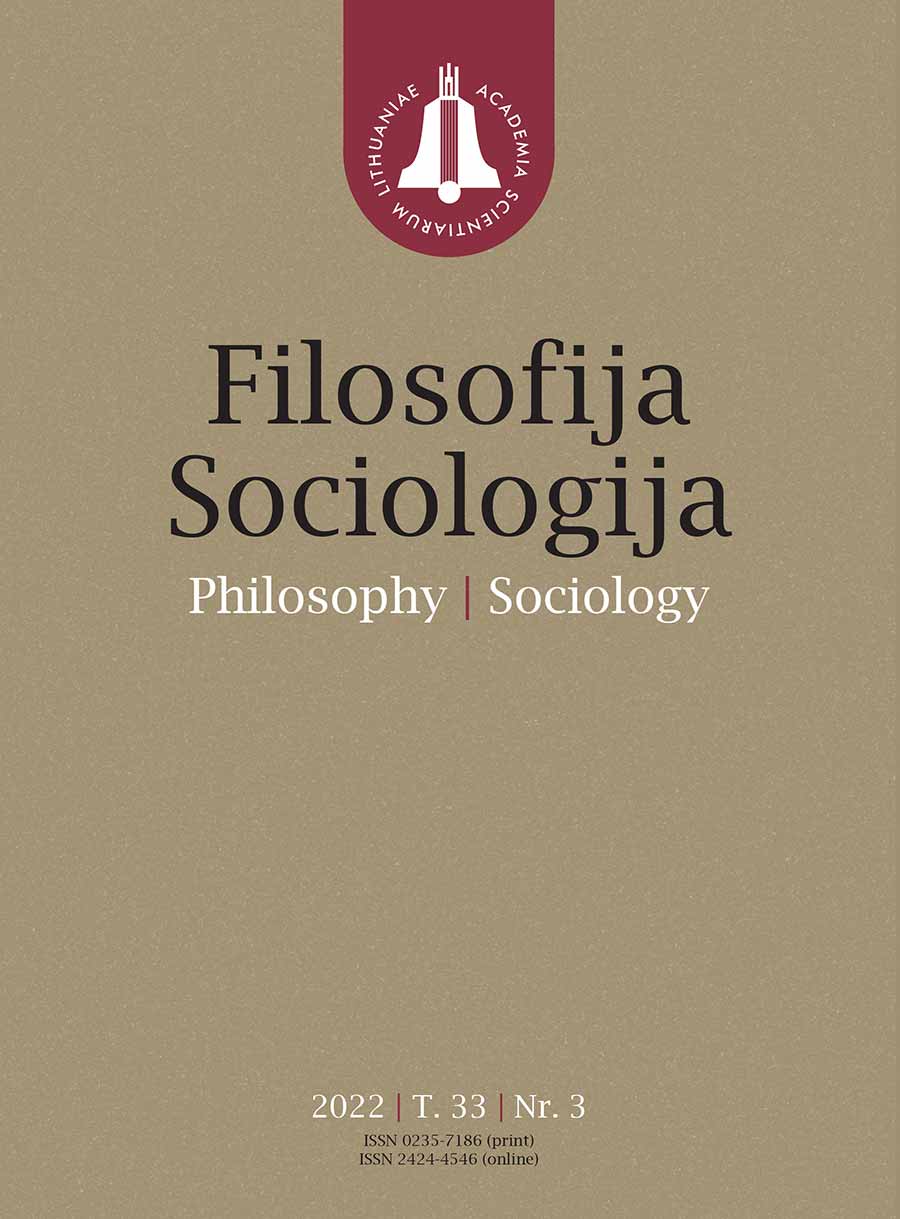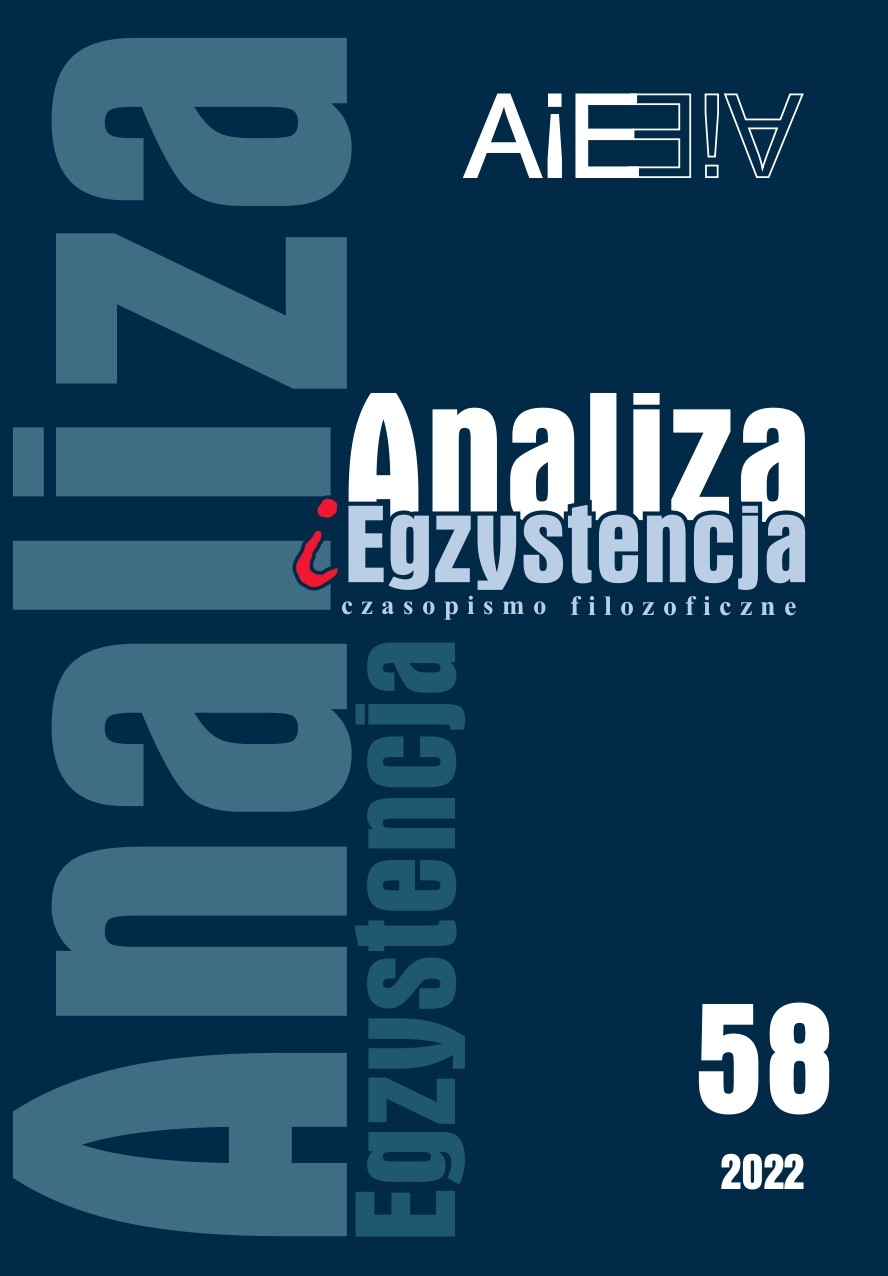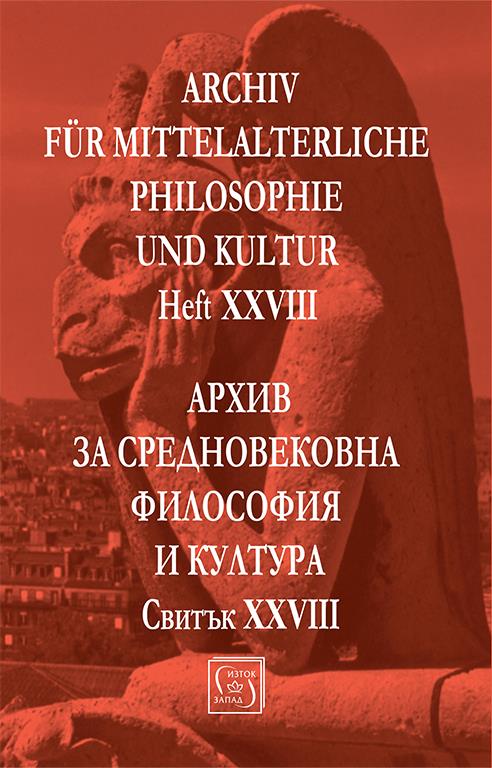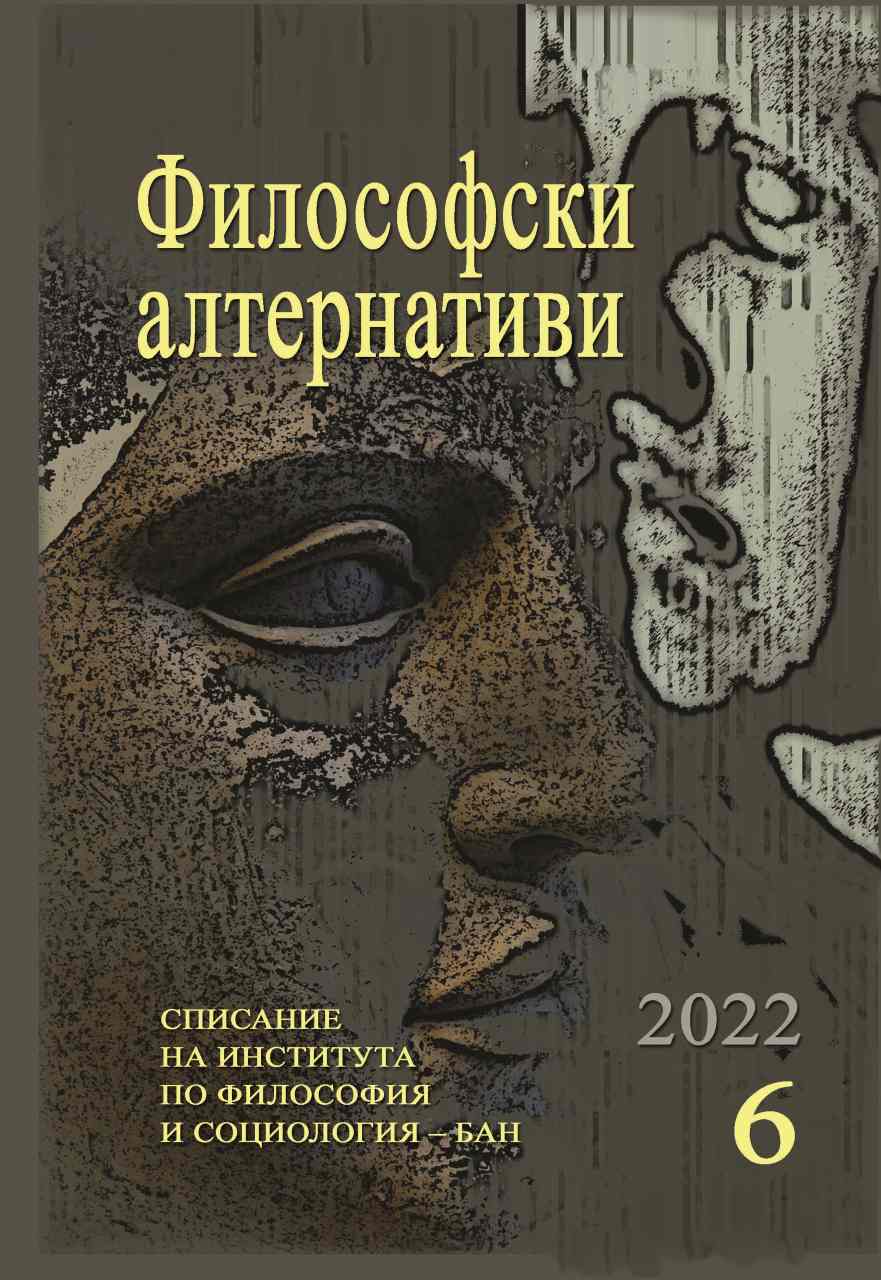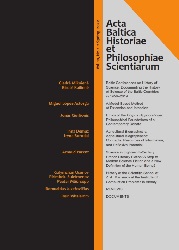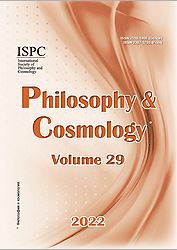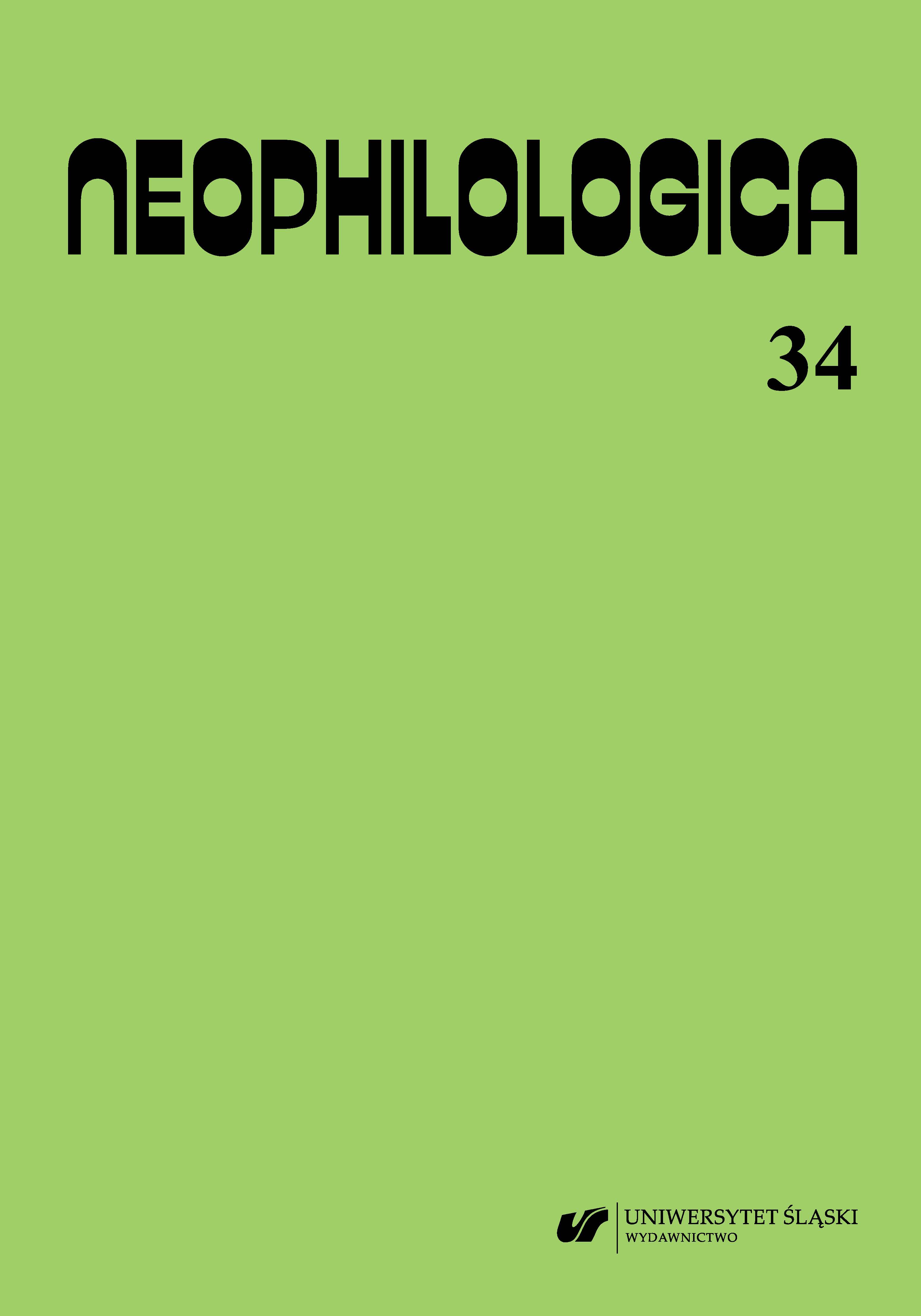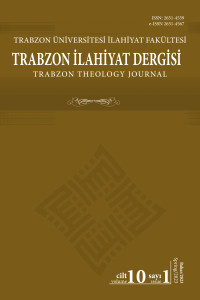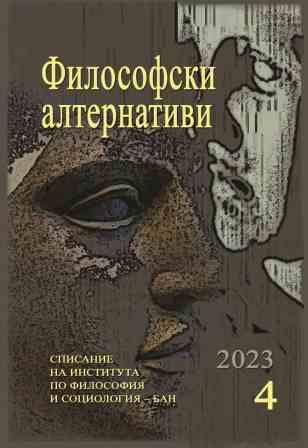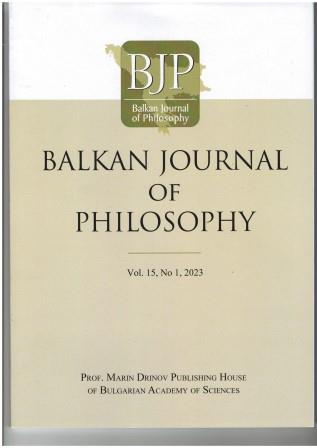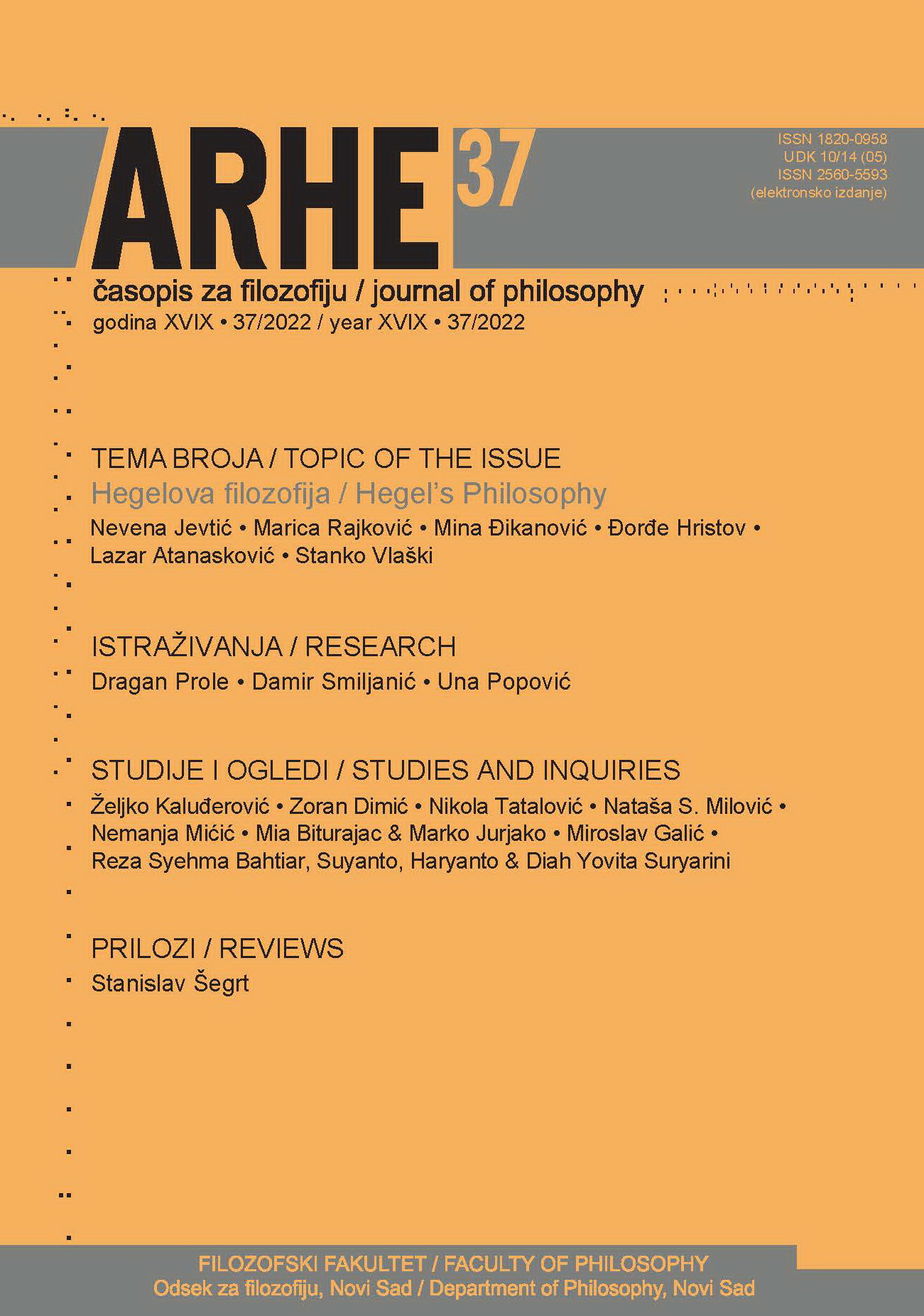KARLO OTTO APELIO NEOKANTIZMAS: KAIP GALIMA ŠIUOLAIKINĖ NORMATYVIOJI ETIKA?
The author of this article concludes that Karl-Otto Apel is more close to Kant than Jurgen Habermas. Apel sticks to this aspect of Kantian ethics, which modern philosophers, and Habermas as well, considered as not so important. He is looking for final foundations of ethics. And names himself as a classical transcendental thinker. For this reason he opposes Habermas’ abandoning transcendentalism in his orientation to empirical sciences and his acceptation of discursive normativity only as a hypothesis. The author of the article concludes that Apel’s insisting of transcendental background for justification of ethics at the same time develops contra-Kantian conception of political responsibility, which is more Weberian in itself. Weber foresaw the danger of preferring abstract ideals more than real life in political behavior. To such political behavior, oriented to an “ethic of ultimate ends” Weber opposes an “ethic of responsibility”. Such responsible politicians does not blame others, nor circumstances, no God for the consequences of his own actions: he know that it is his extreme responsibility, because acting in politics he is connected with diabolic forces lurking in all violence. It is not clear how he unites Weberian understanding of political responsibility, negating deontologism of Christian approach with Kantian deontologism and ideal of moral politician. According to authors view, Kant, in contrast to Weber, does not accept the idea, that political purposes create new morality. The politician described by Weber he considers to be political moralist and opposes him the real subject of his own political philosophy – moral politician. To moral politician political maxims, in contrast to Weber’s, are derived not from volition as the supreme yet empirical principal of political wisdom, but rather from the pure concept of the duty of right, from the ought, whose principle is given a priori by reason, regardless of what consequences may be. Apel, accepting Weber’s conception of the politics of responsibility does not takes into account, that the main formula of this politician “I think so and I cannot otherwise” (ich kann nicht anders, hier stehe ich) contradicts to his conception of procedural normativity justifying the moral discourse. Author of the book concludes that to the premises of Apel’s conception of responsibility could be Popperian notion of it. Other criticizes Apel’s attempts to oppose Popperian line on the bases that it accepts the possibility of the faith in reason. It seems, that Popperian conception of responsibility is more Kantian that Apel’s. According to my opinion formal procedure’s is too narrow aspect for interpreting Kantian ethics.
More...
